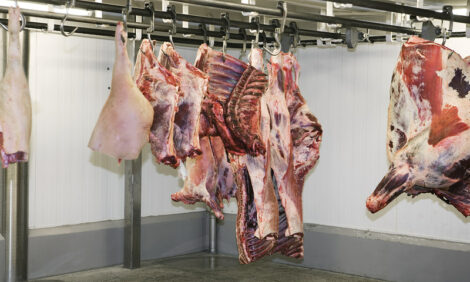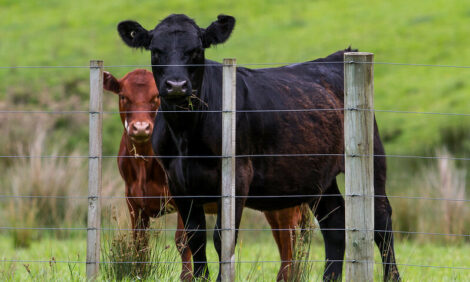



Scottish Farming’s Success Story on Tackling Climate Change Lost in Global Report
SCOTLAND, UK - Scottish farming’s responsible approach to tackling climate change is being lost in the headlines generated by the latest report into Climate Change and Land Use from the Intergovernmental Panel on Climate Change (IPCC).Scotland’s farmer and crofters, who produce food in a highly sustainable way, present solutions to Scotland meeting its ambitious targets on climate change.
Scottish farming is green, and President Andrew McCornick said: "Here we have a headline-grabbing global report that, by its very nature, takes no account of an individual nation’s environmental credentials, farming systems or the steps it is already undertaking to tackle climate change.
"Climate change is a critically important issue for Scottish farming because farmers and crofters are on the front line in experiencing the impacts of climate change. They are increasingly having to adapt to changing weather patterns and increased volatility at farm level in order to maintain their businesses and still produce high quality food.
"We also take our environmental responsibilities incredibly seriously and continue to adopt practical, workable solutions and improvements to the challenge of climate change.
"Government figures on reductions in emissions show that Scottish farmers and crofters are already playing their part in reducing emissions from farming. We must go further if Scotland is to meet its challenging net-zero emission target by 2045 but efforts by Scottish farmers and crofters must not be at the expense of producing food or exporting our emissions by relying on unsustainable food imports.
"The IPCC report only deals with the global scale and it is too simplistic to just take high level global messages and apply them to Scotland. That needs some media outlets to undertake a reality check before applying the report recommendations to a nation like ours.
"While it makes little sense from a climate change perspective to cut down tropical rainforests to create grasslands to rear livestock, other parts of the world like Scotland are ideally suited to growing grass, rearing livestock, and turning that grass into valuable, tasty protein that remains at the heart of balanced diets.
"Our ruminant livestock are part of a virtuous cycle. They act as ‘air scubbers’. There is no methane being produced by our cattle and sheep that has not originated in the atmosphere and been processed through the grass they graze. That converts long life carbon dioxide into methane, with a significantly shorter lifespan, with the huge benefit of tasty, affordable meat and milk.
"In Scotland, it must also be borne in mind that the good land that is suited to growing crops is already being used sustainably in this way and, in most cases, it is not possible for livestock farmers to switch to their land to crop and vegetable production because of the geography, nature and vegetation of the land.
"These are facts around Scottish farming all too often ignored in the coverage afforded to such global reports."
TheCattleSite News Desk


